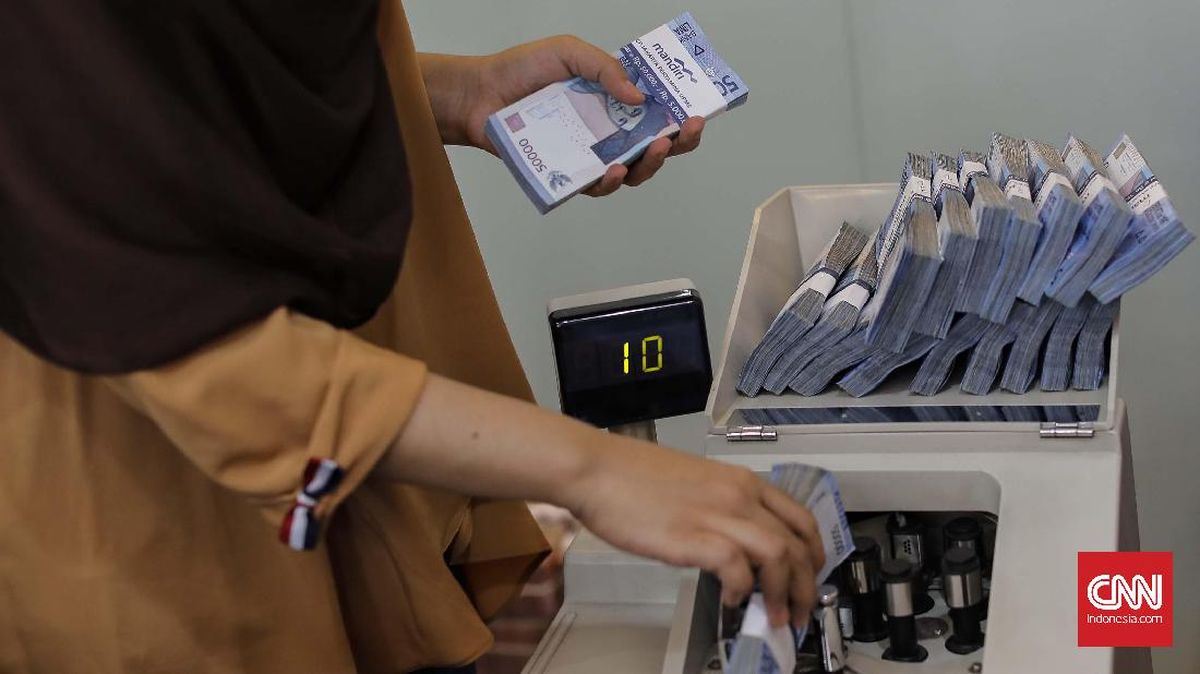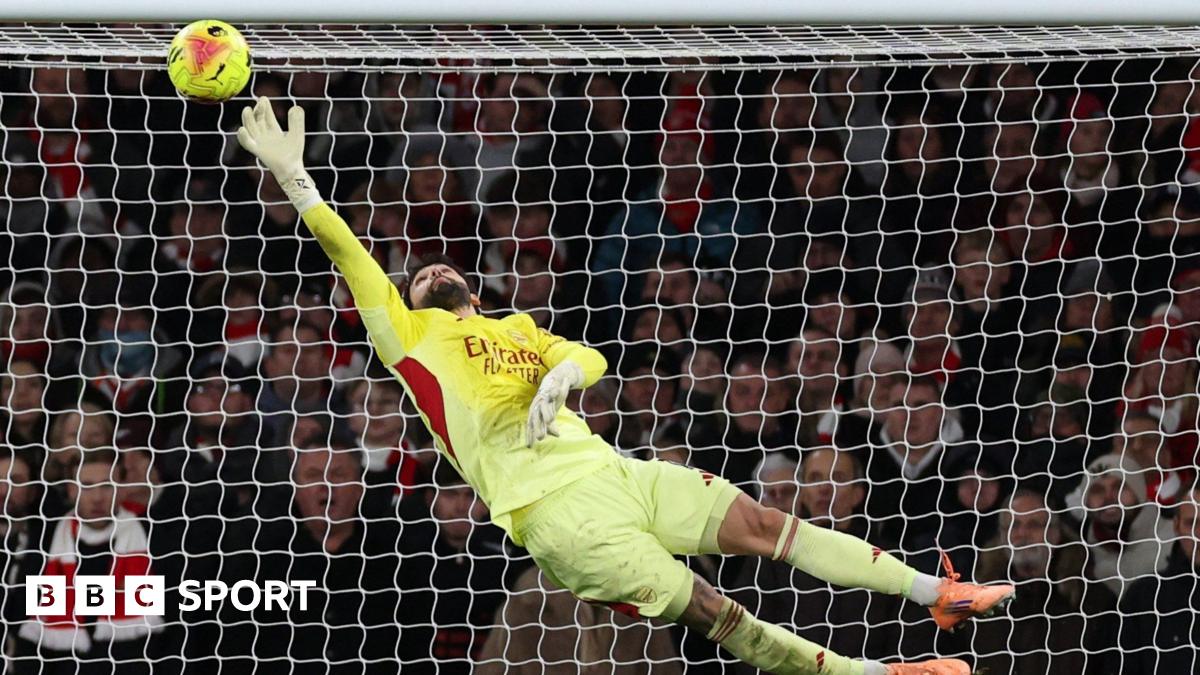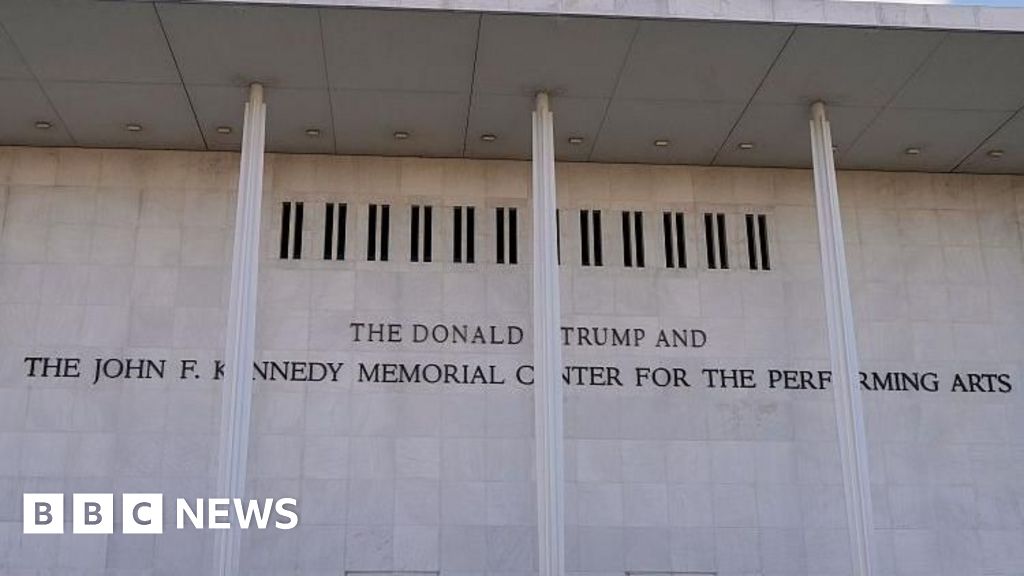‘Total disaster’: Trump furious after US court rules his global tariffs are illegal
By Paul Wiseman and Lindsay Whitehurst
August 30, 2025 — 10.44am
Washington: A US federal appeals court has ruled that President Donald Trump had no legal right to impose sweeping tariffs on almost every country – including Australia – but left his effort to build a protectionist wall around the American economy in place for now.
The US Court of Appeals for the Federal Circuit ruled on Saturday (AEST) that Trump wasn’t legally allowed to declare national emergencies and impose unlimited import taxes, a ruling that largely upheld a May decision by a specialised federal trade court in New York.

US President Donald Trump.Credit: AP
“It seems unlikely that Congress intended to ... grant the president unlimited authority to impose tariffs,” the judges wrote in a 7-4 ruling.
But they did not strike down the tariffs immediately, allowing them to remain in place until October 14 to give the administration a chance to file an appeal in the US Supreme Court – and Trump vowed to do just that.
“Today a Highly Partisan [sic] Appeals Court incorrectly said that our Tariffs should be removed, but they know the United States of America will win in the end,” he wrote on his social medial platform Truth Social.
“If these Tariffs ever went away, it would be a total disaster for the Country.
“If allowed to stand, this Decision would literally destroy the United States of America.”
White House spokesman Kush Desai said Trump had acted lawfully, and “we look forward to ultimate victory on this matter.”
The ruling complicates Trump’s ambitions to upend decades of American trade policy completely on his own.
His tariffs – and the erratic way he’s rolled them out – have shaken global markets, alienated US trading partners and allies, and raised fears of higher prices and slower economic growth.
Loading
But he’s also used the levies to pressure the European Union, Japan and other countries into accepting one-sided trade deals and to bring tens of billions of dollars into the federal Treasury to help pay for the massive tax cuts he signed into law on July 4.
“While existing trade deals may not automatically unravel, the administration could lose a pillar of its negotiating strategy, which may embolden foreign governments to resist future demands, delay implementation of prior commitments, or even seek to renegotiate terms,” Ashley Akers, senior counsel at the Holland & Knight law firm and a former Justice Department trial lawyer, said before the appeals court decision.
The government has argued that if the tariffs are struck down, it might have to refund some of the import taxes it has collected, delivering a financial blow to the Treasury.
“It would be 1929 all over again, a GREAT DEPRESSION!” Trump said in a previous social media post.
Revenue from tariffs totalled $US159 billion ($243 billion) by July, more than double what it was at the same point the year before. Indeed, the Justice Department warned in a legal filing this month that revoking the tariffs could mean “financial ruin” for the US.
The ruling involves two sets of import taxes, both of which Trump justified by declaring a national emergency under the 1977 International Emergency Economic Powers Act (IEEPA).
That includes sweeping tariffs he announced April 2 — “Liberation Day”, he called it — when he imposed tariffs of up to 50 per cent – he falsely claimed they were “reciprocal” – on countries with which the US runs trade deficits and a “baseline” 10 per cent tariff on just about everyone else. Australia received the lowest rate, 10 per cent.
The national emergency underlying the tariffs, Trump said, was the long-running gap between what the US sells and what it buys from the rest of the world. The president started to levy modified tariff rates in August, but goods from countries with which the US runs a surplus also face the taxes.
It also covers the “trafficking tariffs” he announced February 1 on imports from Canada, China and Mexico. These were designed to get those countries to do more to stop what he declared a national emergency: the illegal flow of drugs and immigrants across their borders into the US.
Loading
The Constitution gives Congress the power to impose taxes, including tariffs. But over decades, lawmakers have ceded authorities to the president, and Trump has made the most of the power vacuum.
But Trump’s assertion that IEEPA essentially gives him unlimited power to tax imports quickly drew legal challenges – at least seven cases. No president had ever used the law to justify tariffs, though IEEPA had been used frequently to impose export restrictions and other sanctions on US adversaries such as Iran and North Korea.
In May, the US Court of International Trade in New York rejected the argument, ruling that Trump’s global tariffs “exceed any authority granted to the president” under the emergency powers law. In reaching its decision, the trade court combined two challenges – one by five businesses and one by 12 US states – into a single case.
In the case of the drug trafficking and immigration tariffs on Canada, China and Mexico, the trade court ruled that the levies did not meet IEEPA’s requirement that they “deal with” the problem they were supposed to address.
Loading
The court challenge does not cover other Trump tariffs, including levies on foreign steel, aluminum and autos that the president imposed after Commerce Department investigations concluded that those imports were threats to US national security.
Nor does it include tariffs that Trump imposed on China in his first term – and former president Joe Biden kept – after a government investigation concluded that the country used unfair practices to give their own technology firms an edge over rivals from the US and other Western nations.
Trump has alternative laws for imposing import taxes, but they would limit the speed and severity with which he could act.
Most Viewed in World
Loading


















































